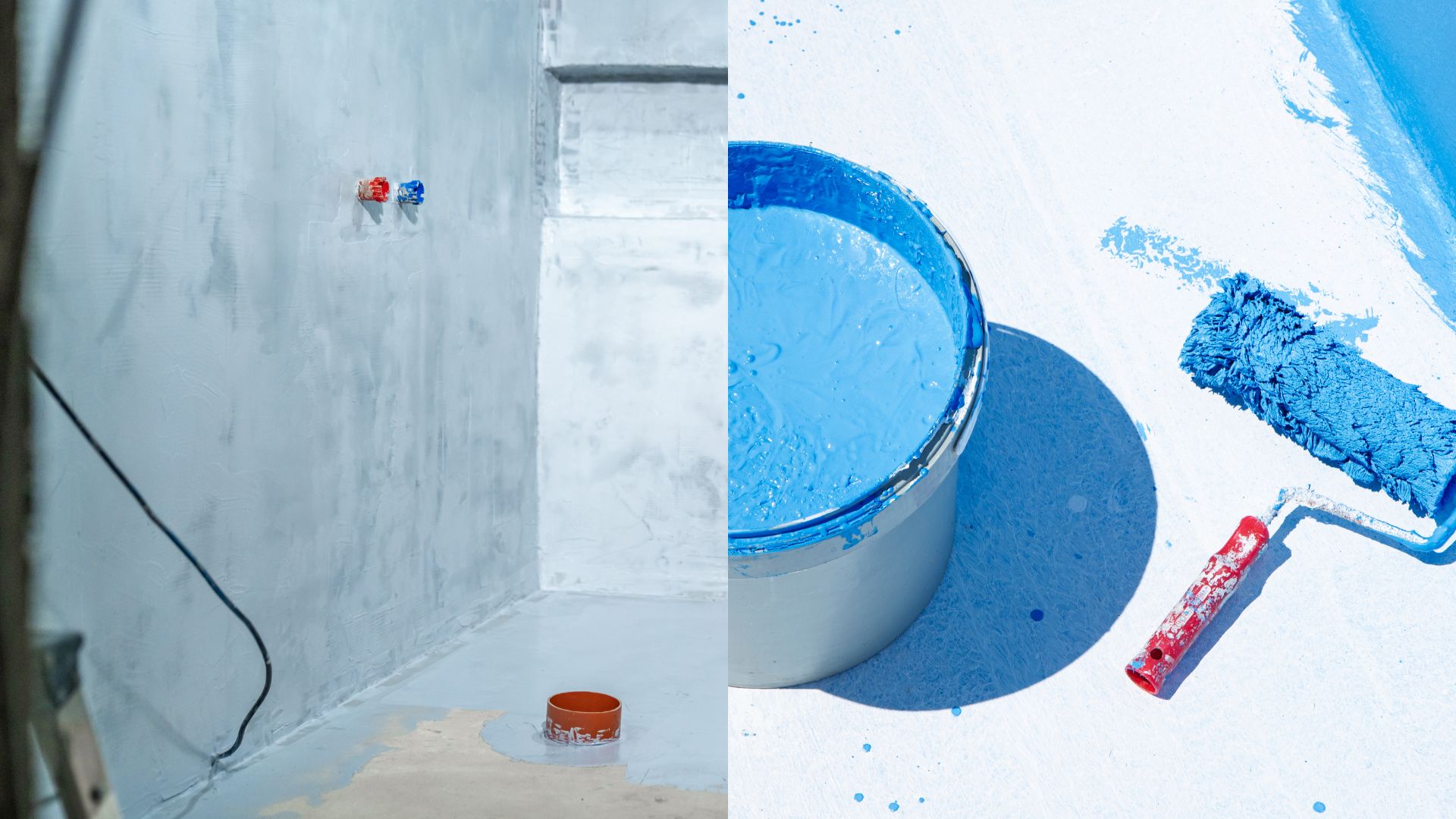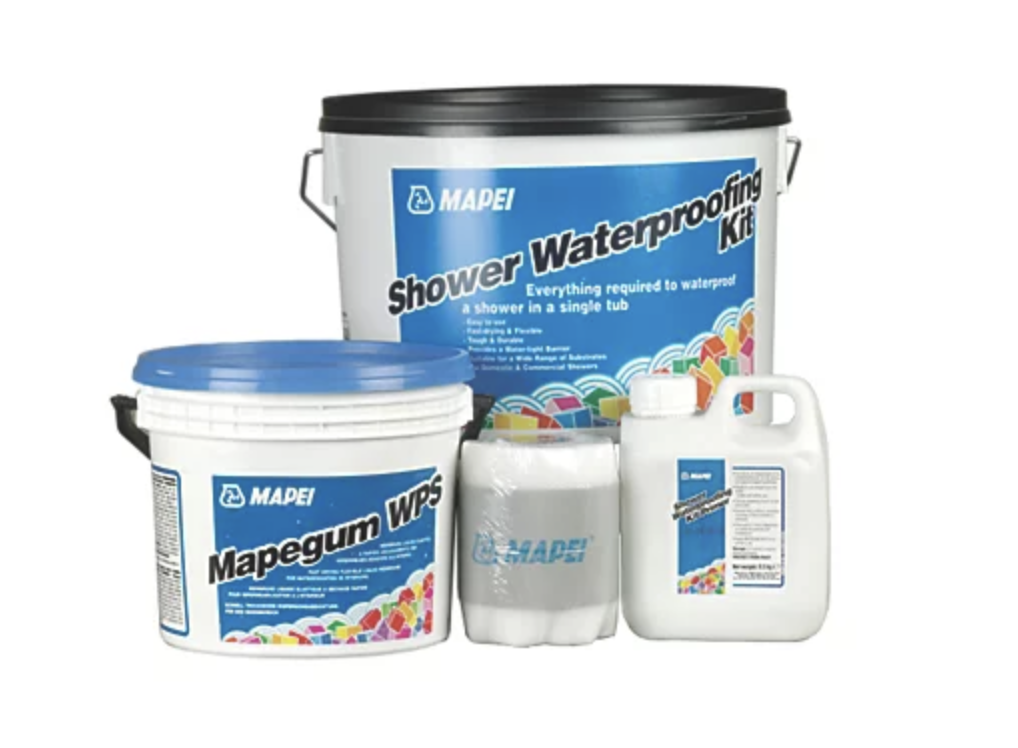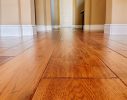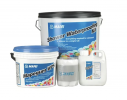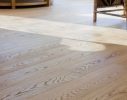Bathroom Waterproofing Benefits:
Waterproofing a bathroom is crucial for several reasons, as it plays a significant role in preserving the structural integrity of the space and preventing potential issues. Here are the key reasons why waterproofing is important in a bathroom:
Preventing Water Damage:
Bathrooms are high-moisture environments due to frequent use of water in activities like showering, bathing, and handwashing. Waterproofing ensures that water doesn’t penetrate and damage the walls, floors, and structural elements of the bathroom over time.
Preventing Mold and Mildew Growth:
Moisture accumulation in bathrooms can lead to the growth of mold and mildew. Waterproofing creates a barrier against water intrusion, reducing the chances of mold and mildew development. These fungi not only damage surfaces but can also pose health risks.
Preserving Structural Integrity:
Water damage can compromise the structural integrity of a building. Wooden structures may weaken, and materials like drywall can deteriorate when exposed to prolonged moisture. Waterproofing safeguards the framework of your bathroom, ensuring its durability over the long term.
Protecting Subflooring and Foundation:
Water that seeps into the subflooring or foundation can lead to structural issues, such as rotting wood or compromised concrete. Waterproofing acts as a protective barrier, preventing water from reaching these critical components of the building.
Avoiding Costly Repairs:
Water damage can result in expensive repairs. Waterproofing is a preventive measure that helps you avoid the costs associated with fixing or replacing damaged materials, whether it’s flooring, drywall, or structural components.
Enhancing Longevity of Finishes:
Waterproofing contributes to the longevity of finishes such as tiles, paint, and sealants. Without proper waterproofing, these finishes can peel, crack, or discolor over time due to water exposure.
Maintaining Aesthetic Appeal:
Beyond functionality, waterproofing helps maintain the aesthetic appeal of your bathroom. It ensures that tiles and grout stay in good condition, preventing discoloration or damage that can affect the overall appearance of the space.
Complying with Building Codes:
In many regions, building codes mandate waterproofing in specific areas of a bathroom, especially in wet areas like showers and around bathtubs. Compliance with these codes is essential for ensuring the safety and durability of the structure.
Keep in mind that the allure of saving a few pounds by opting for a less reputable builder can translate into substantial future expenses.
Choosing a qualified and professional bathroom fitter is an integral part of a cost-effective and enduring bathroom installation.
In summary, waterproofing is a proactive measure to protect your bathroom from water-related issues, preserve its structural integrity, and avoid costly repairs. Whether you’re building a new bathroom or renovating an existing one, incorporating proper waterproofing measures is essential for the long-term health and durability of the space.
